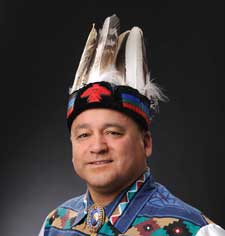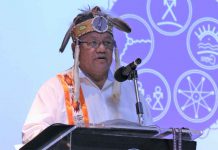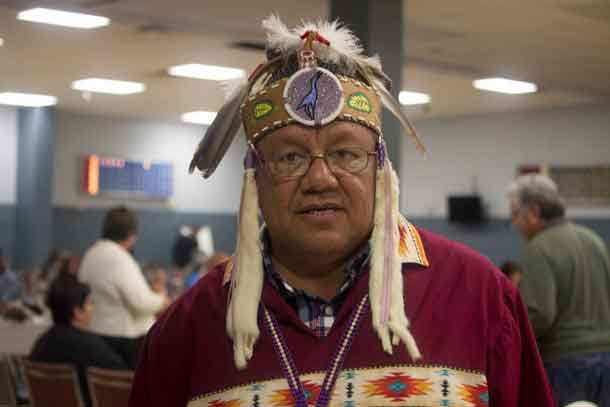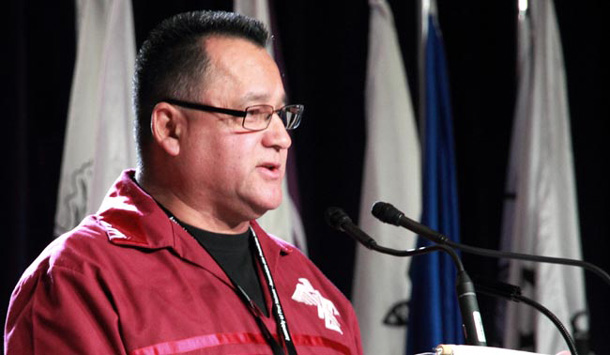
 THUNDER BAY – Anishinabek Nation Grand Council Chief Patrick Madahbee has asked Minister Michael Gravelle to postpone the mandatory implementation of the new mining regulations. “We would like the chance for our leadership to meet with their citizens to discuss concerns with regulations that did not go through a proper consultation process,” said Grand Council Chief Madahbee about the regulations that were to take affect yesterday.
THUNDER BAY – Anishinabek Nation Grand Council Chief Patrick Madahbee has asked Minister Michael Gravelle to postpone the mandatory implementation of the new mining regulations. “We would like the chance for our leadership to meet with their citizens to discuss concerns with regulations that did not go through a proper consultation process,” said Grand Council Chief Madahbee about the regulations that were to take affect yesterday.
Anishinabek Seek Mining Regulations Postpone
The Anishinabek Nation is requesting the opportunity for a meeting with the Minister and the establishment of a bilateral table on mining as was committed to by Ontario on September 24, 2012.
“We hope to use a bilateral table so that the Anishinabek Nation and the ministry can work together through a mutual process as consultation and accommodation should be.”
The Anishinabek Nation has concerns in the following four areas:
-
Recognition of Anishinabek inherent and treaty rights;
-
Requirement for Resource Revenue Sharing;
-
Requirement for Environmental Stewardship; and
-
Requirement for Providing Resources for Capacity at the local level to permit First Nations to meet the heavy
demands that the new regulations require
The Supreme Court of Canada requires Ontario to satisfy duty to consult and accommodate concerns when Section 35 rights of Canada’s Constitution may be impacted.
“These new mining act regulations will impact our inherent, treaty and aboriginal rights directly,” says Madahbee.
According to the United Nations Declaration on the Rights of Indigenous Peoples, to which Canada is signatory: Indigenous peoples have the right to the conservation and protection of the environment and the productive capacity of their lands or territories and resources.
The Anishinabek Nation established the Union of Ontario Indians as its secretariat in 1949. The UOI is a political advocate for 39 member communities across Ontario, representing approximately 55,000 people. The Union of Ontario Indians is the oldest political organization in Ontario and can trace its roots back to the Confederacy of Three Fires, which existed long before European contact.






